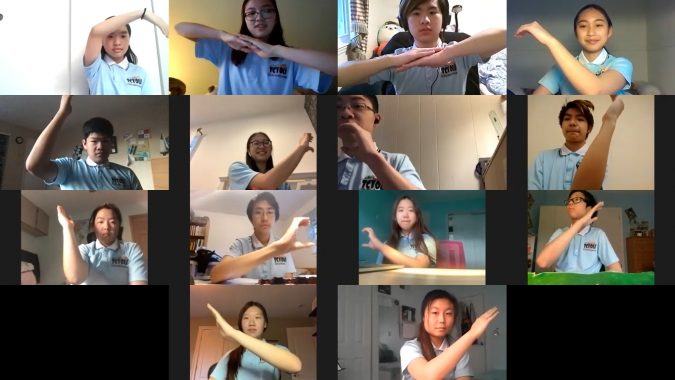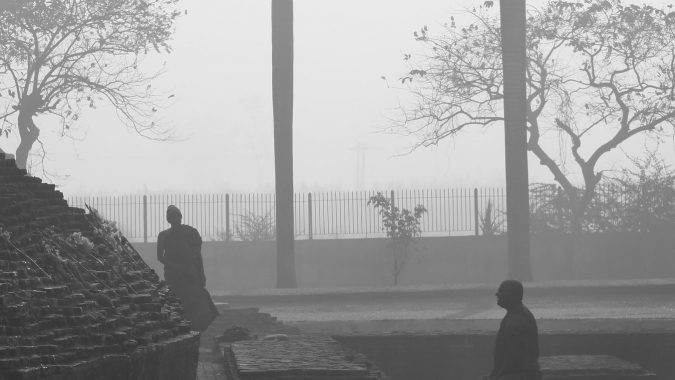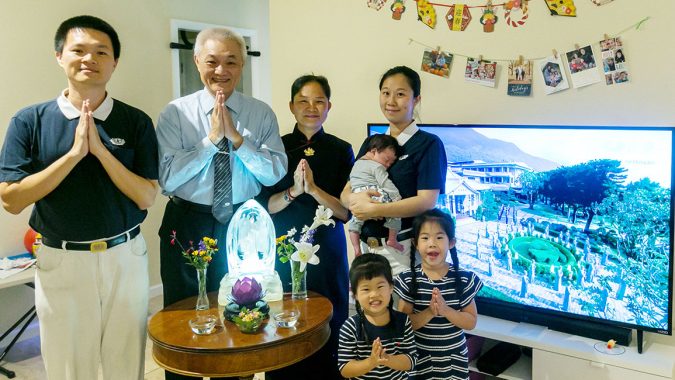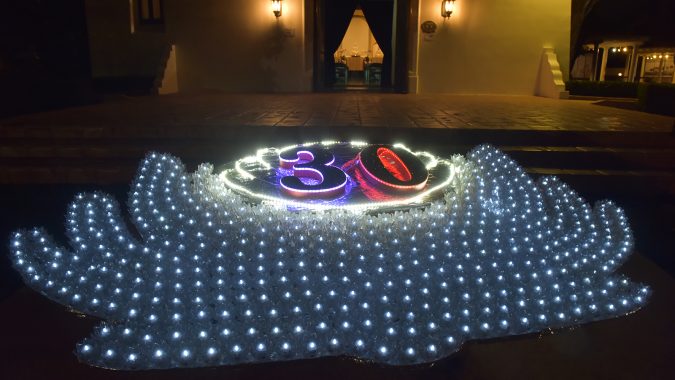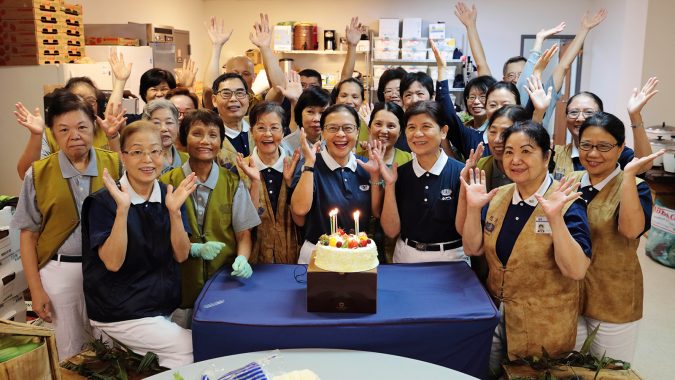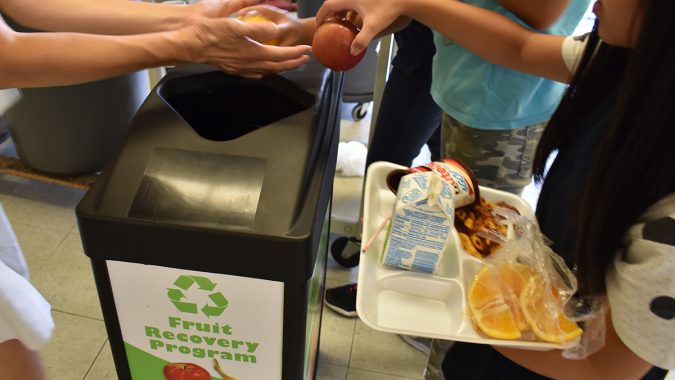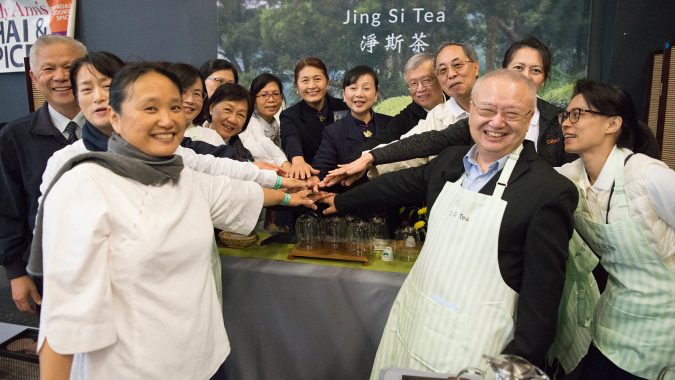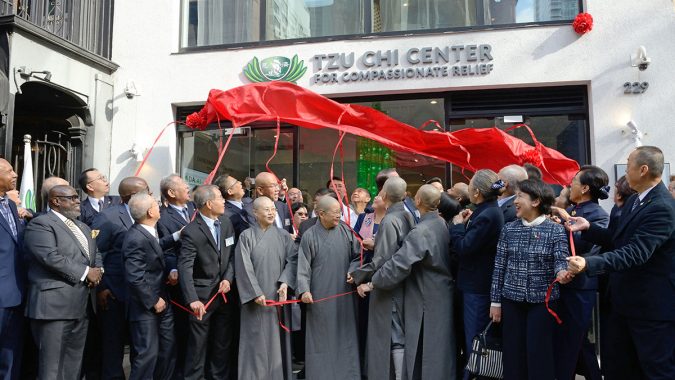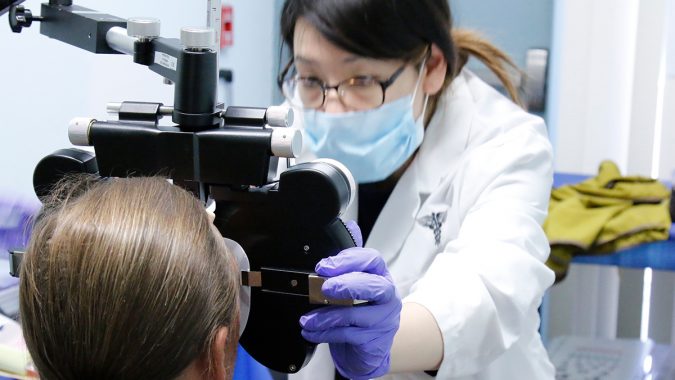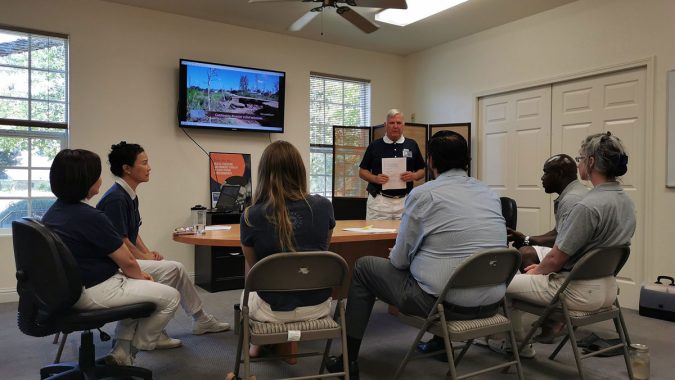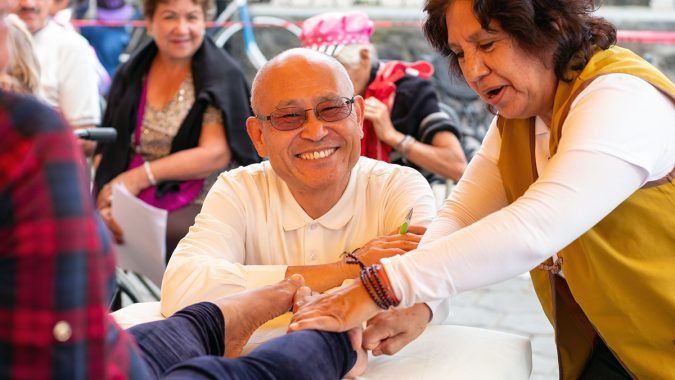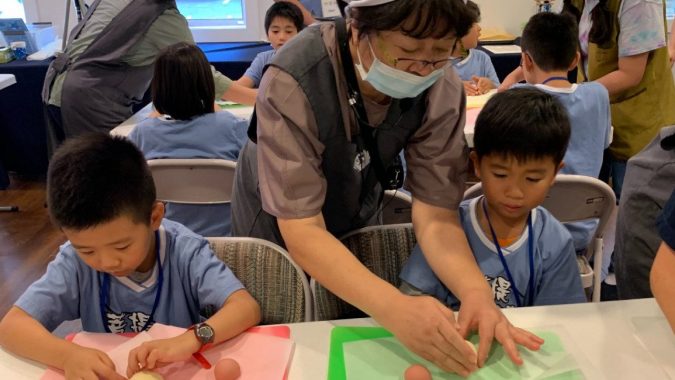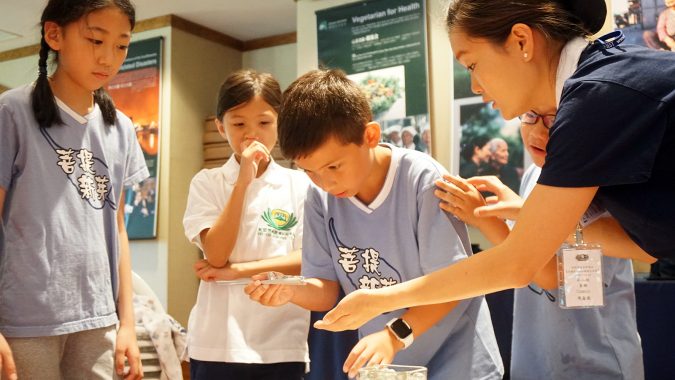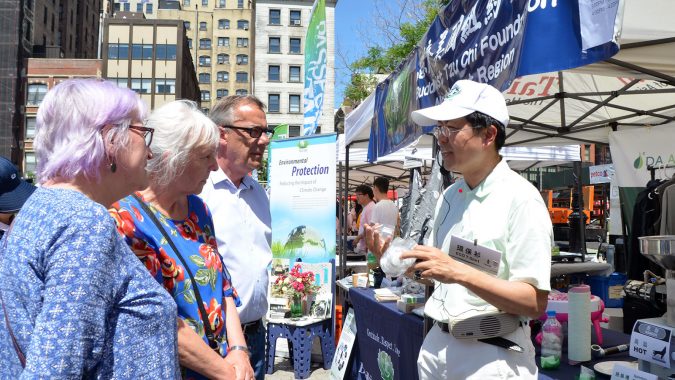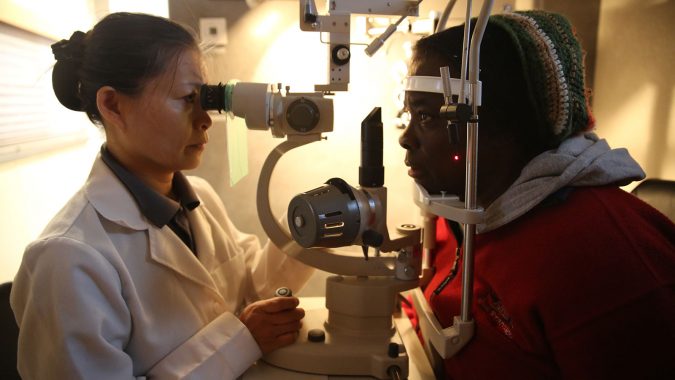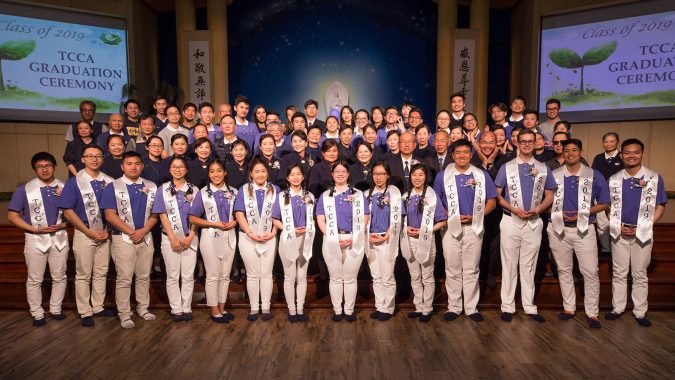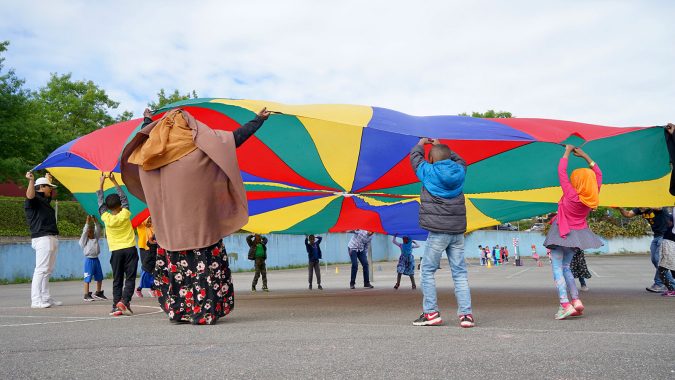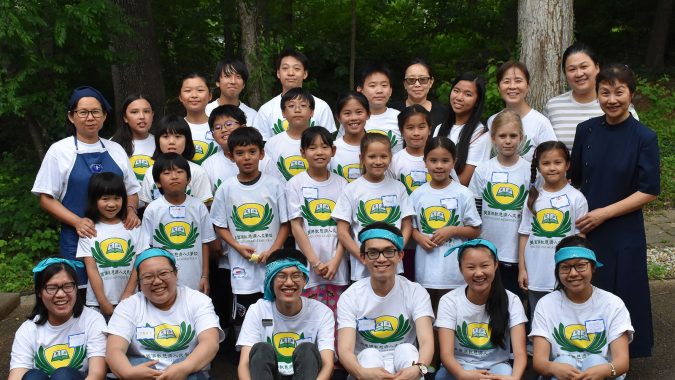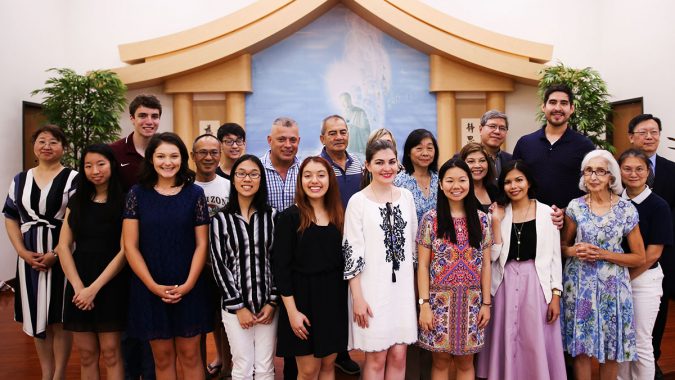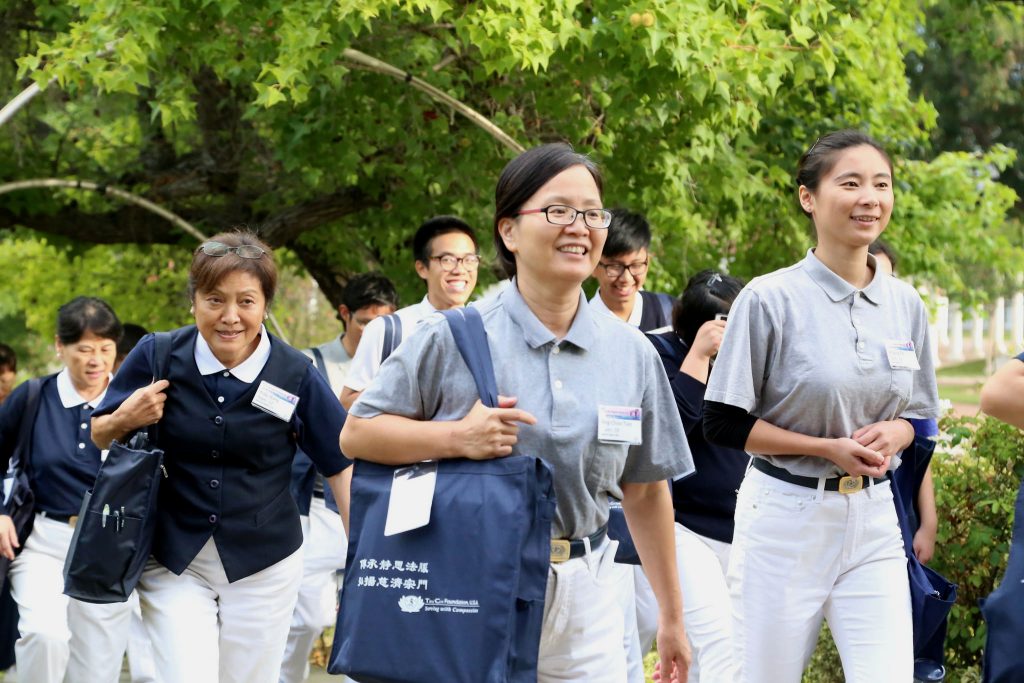
Upon treading new territory, it is important to be mindful of the practices of that turf. Without such awareness, we may unknowingly emphasize our differences and send the message that we are above adapting to other ways of life. This is not to be confused with submission; rather, it’s that being respectful and aware are keys to building bridges to ways of life that take lifetimes to understand. If you’ve ever been to an event hosted by the Buddhist Tzu Chi Foundation, you know our culture, too, is no exception.
With roots from Taiwan, the common conventions of the Foundation are greatly influenced by East Asian values. You’ll see it in how we dress, eat, interact with each other, and interact with our surroundings. As you read on, you’ll learn what you can expect at any of our events.
events.
In Uniforms We Trust
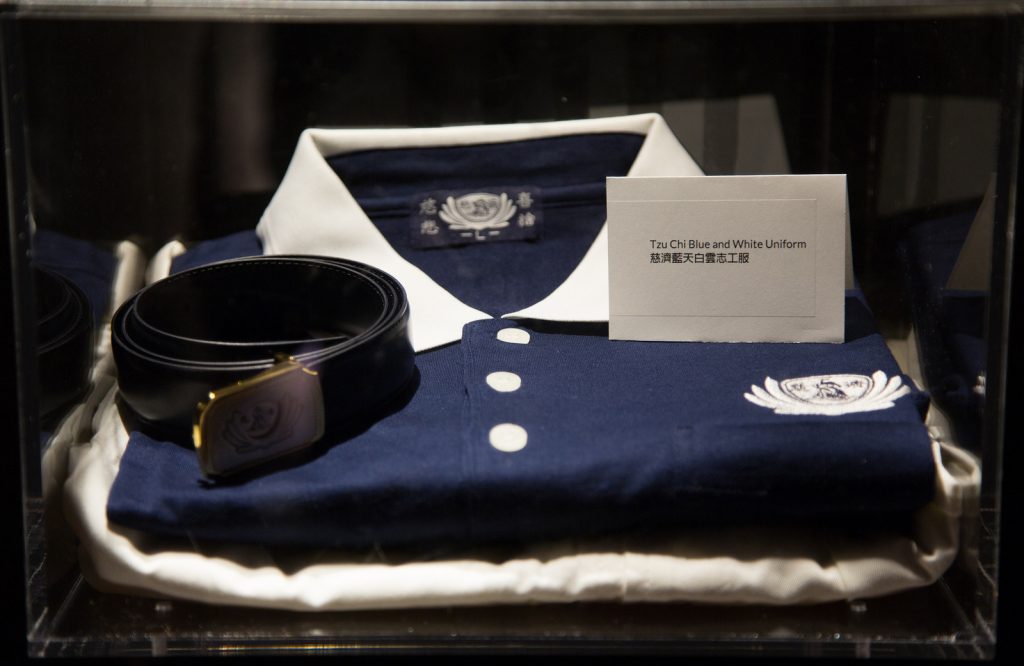
At any Tzu Chi event, volunteers may be easily distinguished by what they wear. While casual volunteers wear yellow vests, more extensively-trained volunteers wear a gray or navy blue polo shirt with white pants, black belt, white sneakers, and even white socks. Female Tzu Chi “commissioners” (an advanced volunteer designation) may wear a navy qipao- a traditional dress with mandarin collar- while male commissioners may wear a navy suit with tie and clip bearing the Tzu Chi emblem. In most cases, navy blue, black, gray, and white are good go to colors for service.
While the idea of a uniform may make some wary, ours carry a symbolism inspired by a passage in the sacred Lotus Sutra. It reads:
Dwell in the abode of great compassion, wearing the robe of gentleness and forbearance...
Indeed, our uniforms are our “robes” through which we act as living examples of the Buddha, known as bodhisattvas. Yet, Dharma Master Cheng Yen cautions that such garments are “not just a physical piece of clothing we wear; it is to be worn in our hearts all the time.” Our uniforms are a reminder of these virtues, through which each volunteer takes an oath to serve sincerely.
Join us on a Culinary Adventure
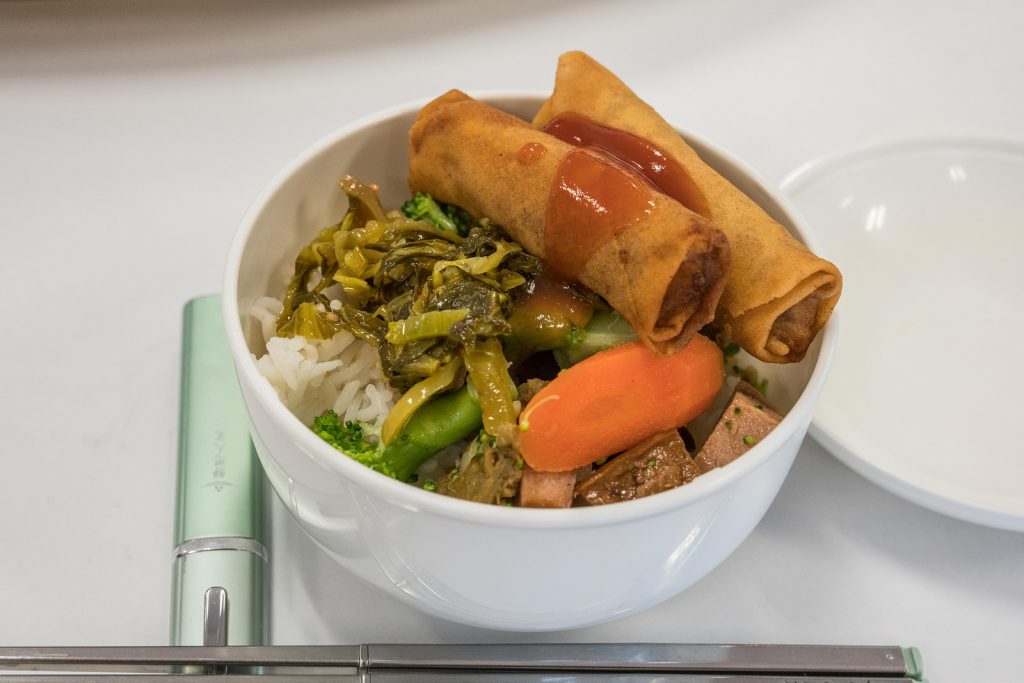
If you’ll stay for one of our vegetarian meals, you may have a culinary experience seldom found in Western cuisine. For example, many dishes you’ll try may feature distinct flavors (like from star anise) or vegetables (like lotus root, gingko nut, or bitter melon) more common in Eastern recipes. Most noticeable, however, may be the preferred weapon of choice for it all: the chopstick. While not required, you will certainly earn plenty of brownie points for trying.
In Tzu Chi’s commitment to environmental sustainability, we also do not offer throwaway plates, cups, or cutlery at our offices- even a single chopstick counts! We wash and reuse everything, and if you prefer to keep your own dishes, we strongly encourage all to carry their own cup (equipped for hot or cold drinks), bowl with lid, pair of chopsticks, and even a kerchief (a carry bag is a good idea, too!). You’ll quickly learn they come in very handy at any Tzu Chi event, but even if you can’t tow it along, no sweat: there are usually extras on hand. Just keep in mind- it’ll be good manners to do your own dishes if you can!
We Are Truly One Family
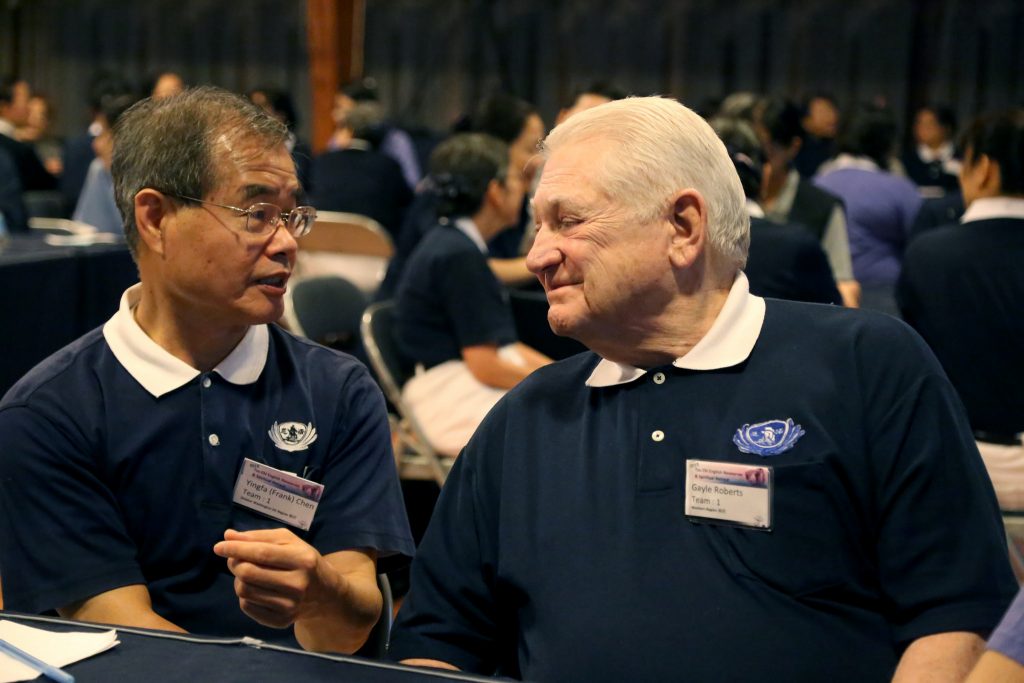
Another concept imbued within Tzu Chi’s philosophy is that we are all part of the same family and pay each other the same respect we would for our own. It’s apparent in the language we use toward each other; we’ll add a “Brother” or “Sister” before saying any first name (though it may come at the end if you say it in another language like Mandarin!). Doing so generates a family-like atmosphere, where anyone in the family is easily approachable.
Yet, this respect is not exclusive to language; we also show our respect to others by bowing. Though offered in spiritual homage in our temple spaces, we always bow to recipients of charity. Keep in mind, however, this is not to be confused with worship of the one who receives; rather, it is an expression of humility and utmost respect for another living being. We believe it is a privilege to serve and show our gratitude,when possible, with a 90 degree bow.
We Dream of Clean
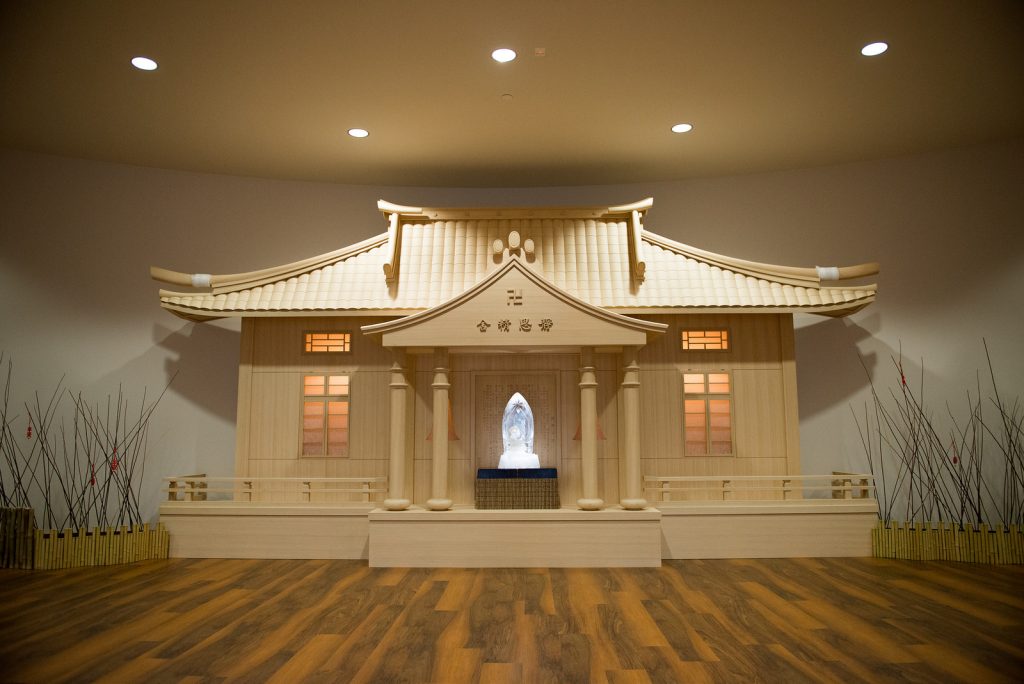
Every Tzu Chi office will have a space for a temple- big or small. But, like in all places of worship, we truly believe that “cleanliness is next to godliness,” and do not permit street shoes in certain areas. Sometimes, it means just a corner space; sometimes, it means a single room; sometimes, it means the entire office! No matter where you visit, a rack or collection of shoes at the entrance is a good indication to remove your shoes. Just be sure to keep track of where you leave them though, or keep them in a designated bag so they won’t get lost in a sea of footwear.
Beware, however, that in some cases, our temples may feature polished hardwood floors. This keeps our places of worship beautiful, durable, easy to clean, yet a nightmare for the softness of socks. To reduce slipping, many volunteers and visitors will wear Tzu Chi sock covers with gripping on the soles. They’re also ideal for sandal wearers, especially if you don’t want to wander around barefoot or- better yet- don’t want anyone else, to, either.
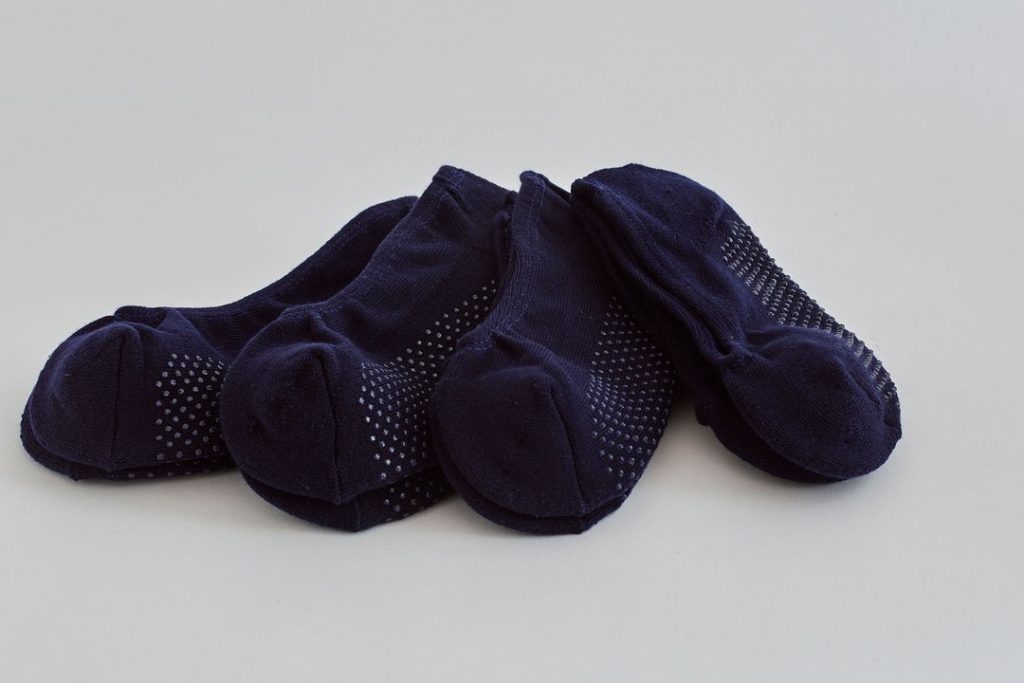
Differences Make Us Unique
While there’s plenty more to learn, all are welcome to experience any event for themselves. And though a cheat sheet like this one, for any society or culture, only scratches the surface, we hope you have at least a little more insight into the world of Tzu Chi and all its quirks. After all, no culture, people, or person in the world is special without them.

